
Economics, Policy & Regulation
Trade Didn’t Crack—It Shifted
The world braced for a Washington-made rupture last year. Trade held up, while China flooded many regions with its exports.
Global news and insight for corporate financial professionals
Join the global community of corporate and public-sector finance industry leaders reading Global Finance monthly in print.
Click Here
Economics, Policy & Regulation

Economics, Policy & Regulation
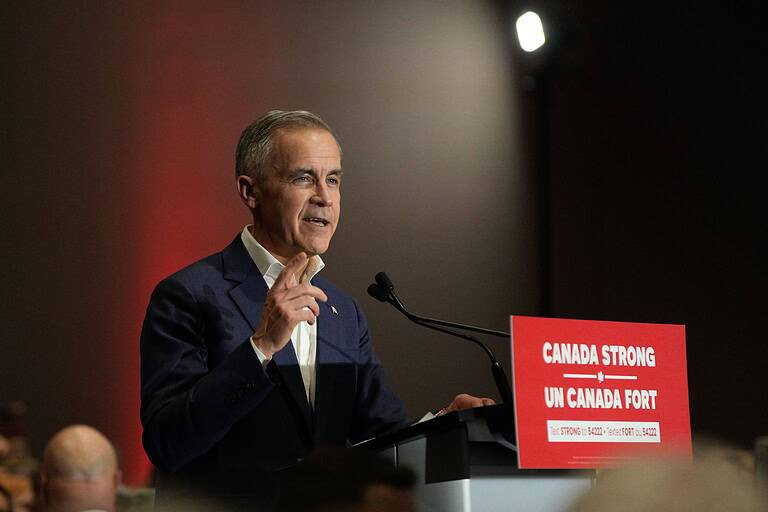
Economics, Policy & Regulation

Economics, Policy & Regulation

Economics, Policy & Regulation

Economics, Policy & Regulation
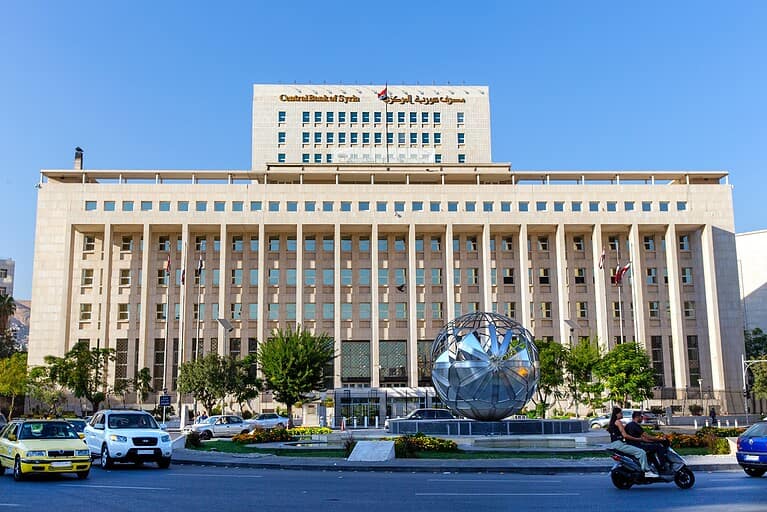
Economics, Policy & Regulation

Economics, Policy & Regulation
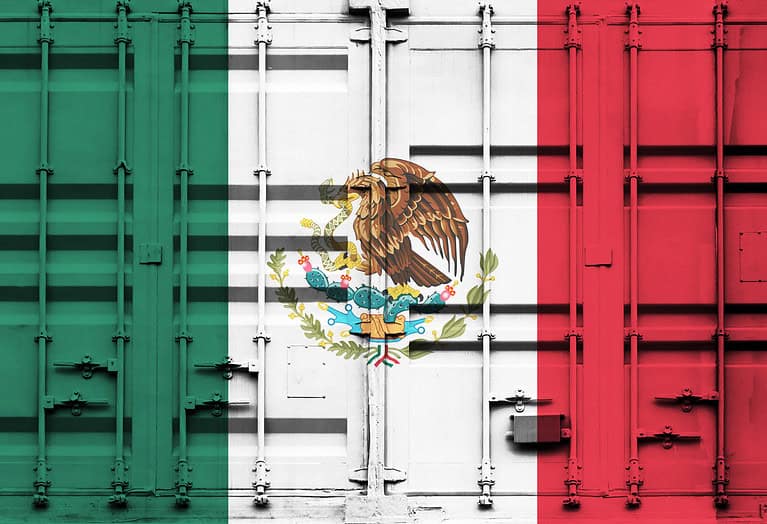
Economics, Policy & Regulation
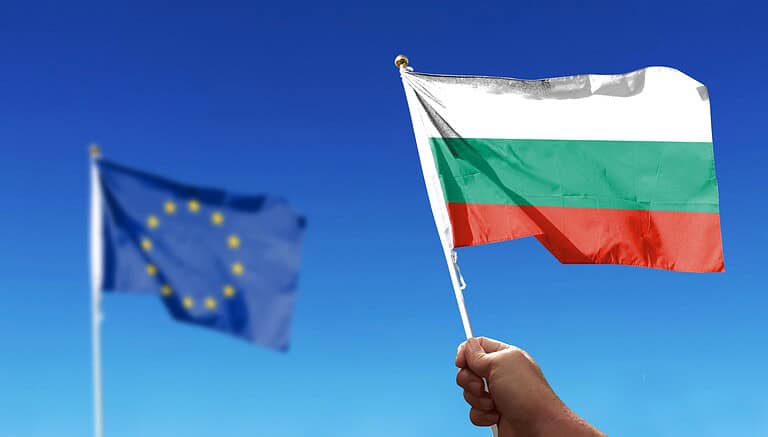
Economics, Policy & Regulation
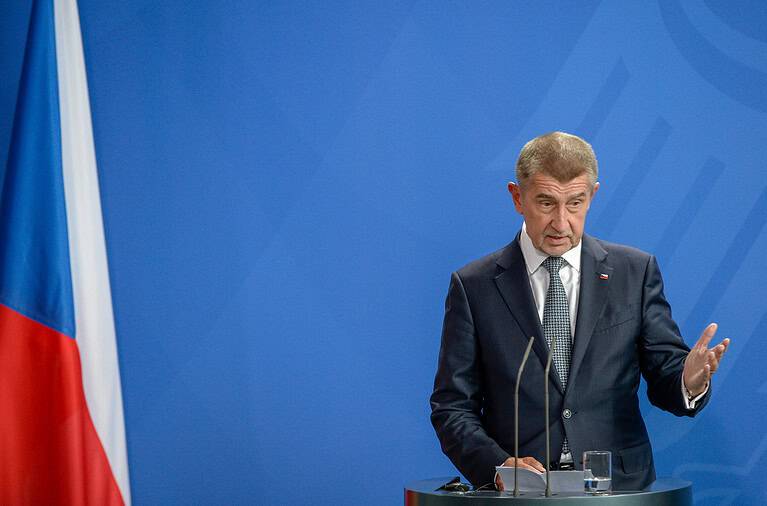
Economics, Policy & Regulation
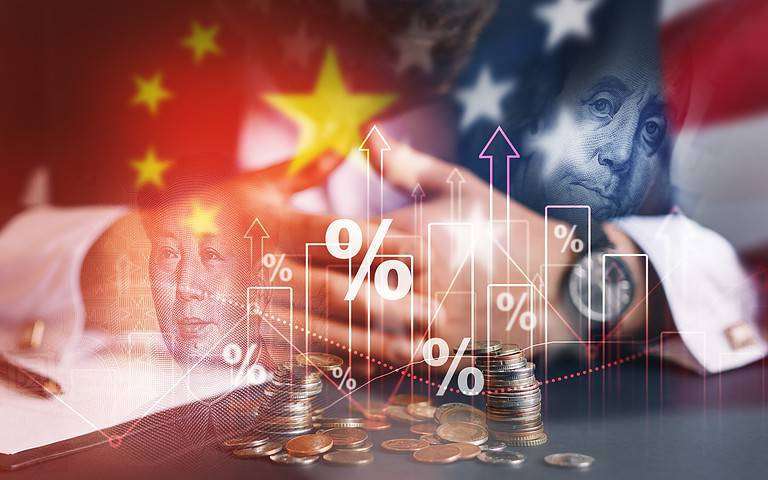
Economics, Policy & Regulation